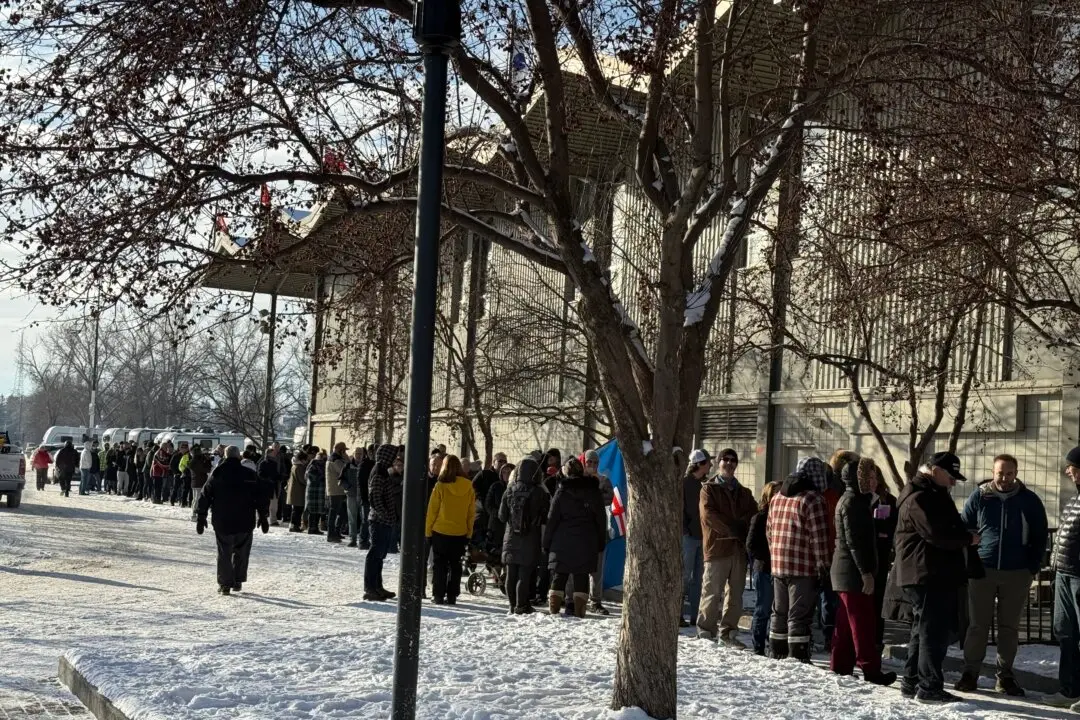Commentary
Governments around the world reacted to the COVID-19 pandemic the same way. They restricted the movement and ability of citizens to work while opening the floodgates of spending and borrowing to make up for lost productivity. The result has been predictable as inflation sets in and economic pressures hit everybody while the cost of living rises.





